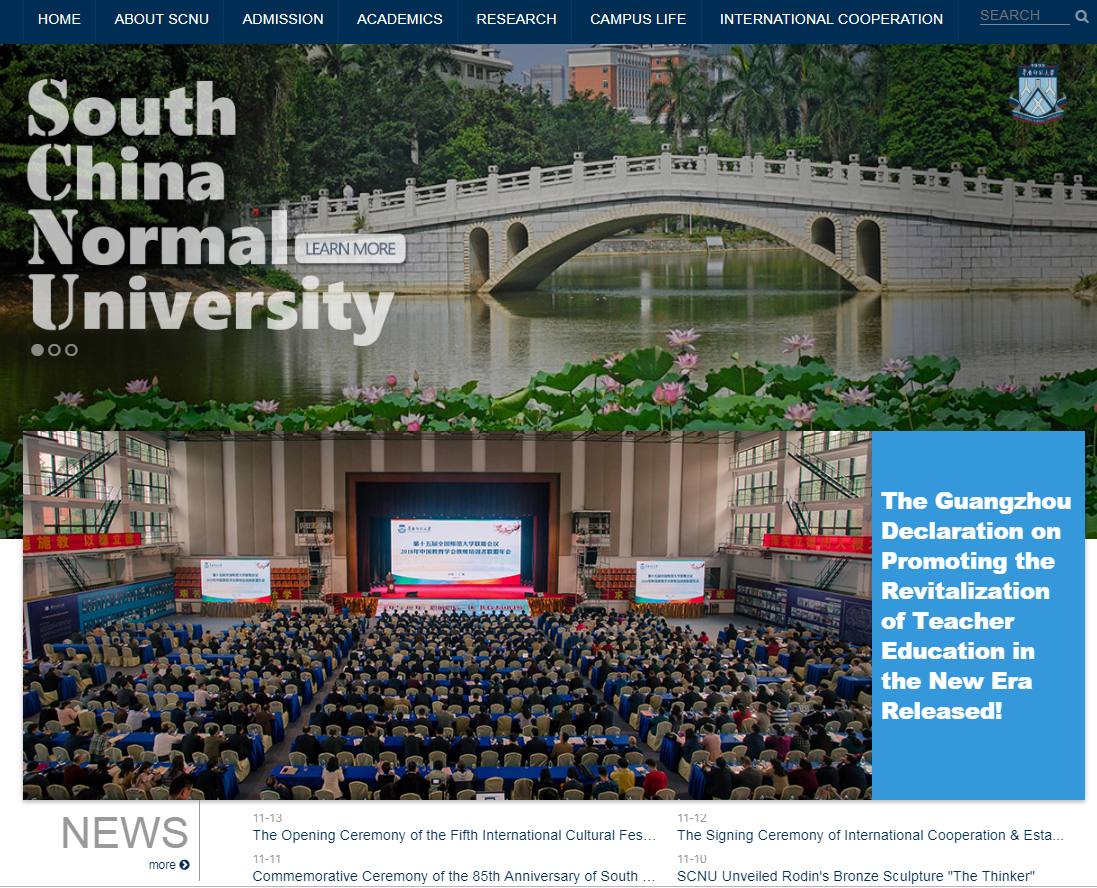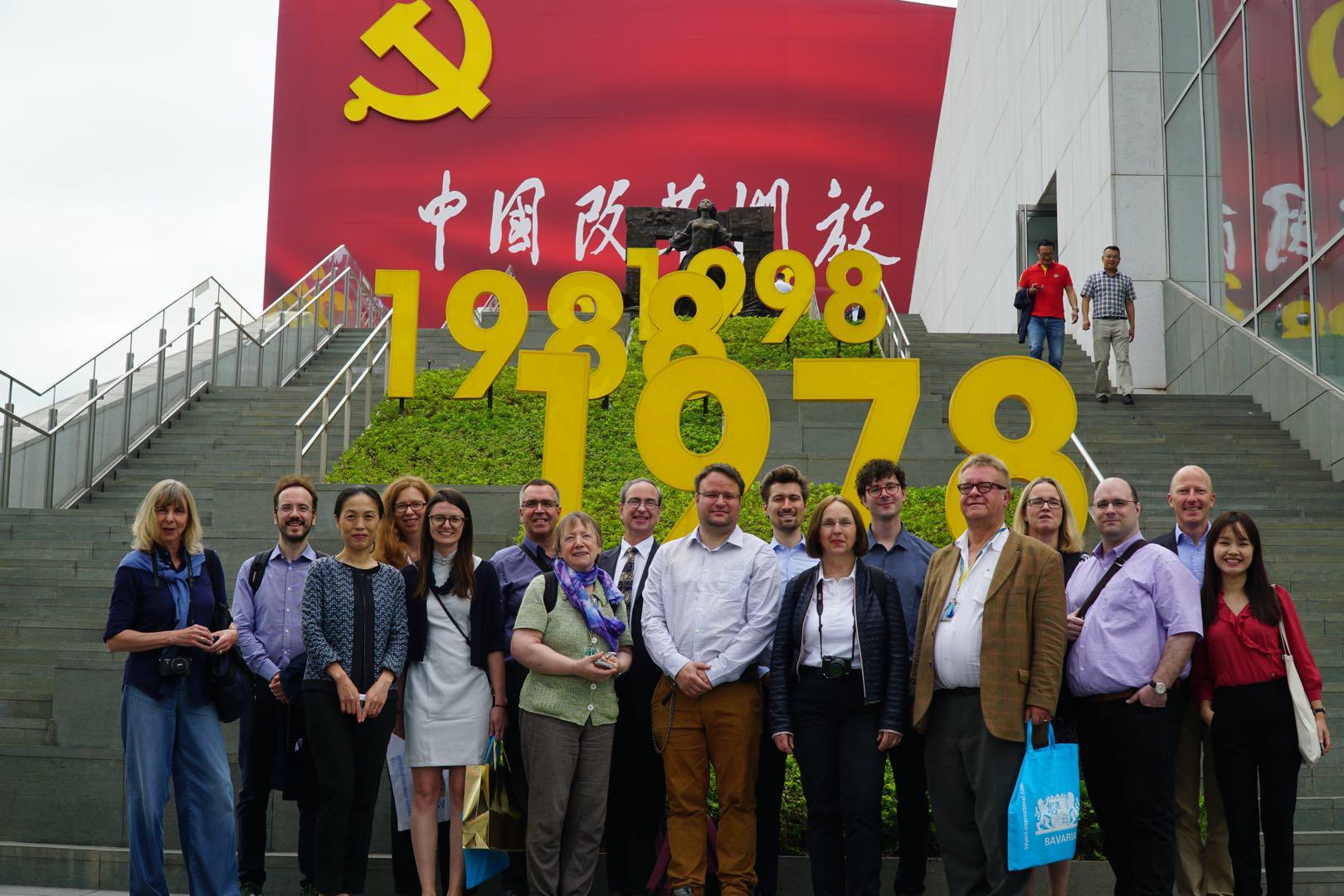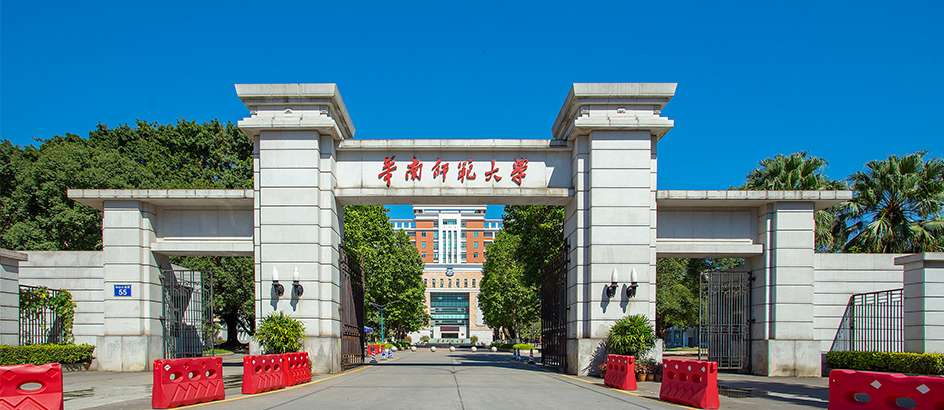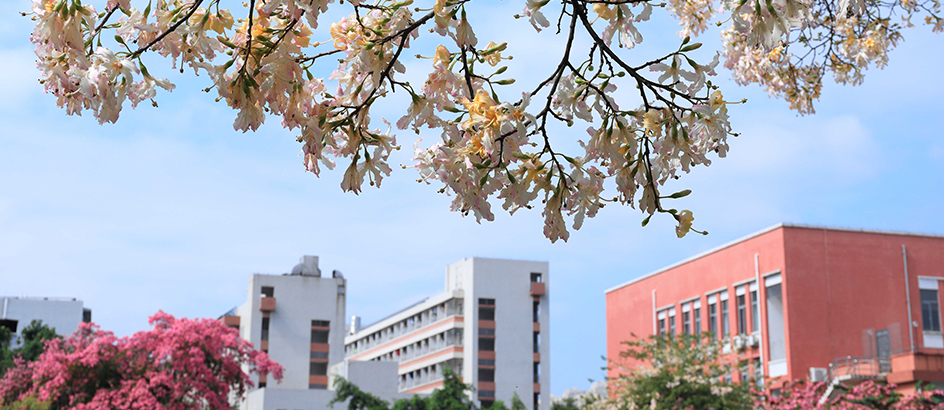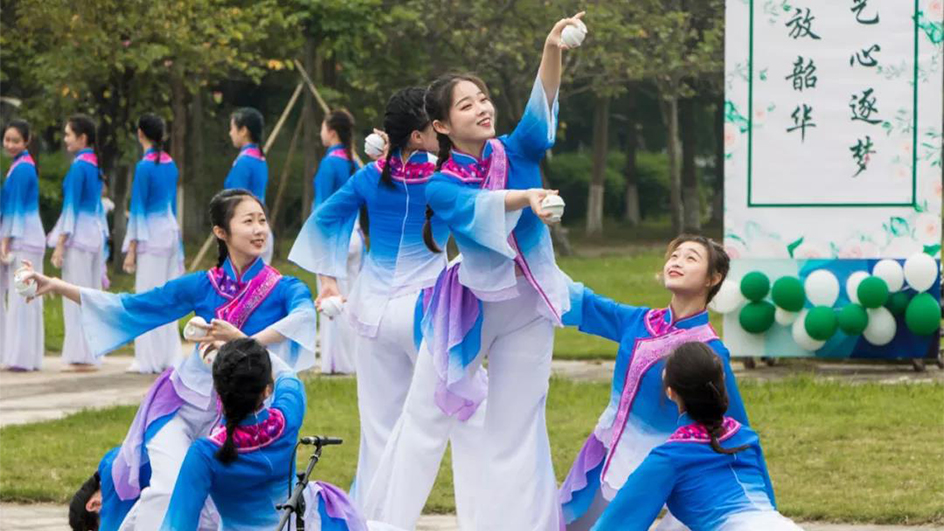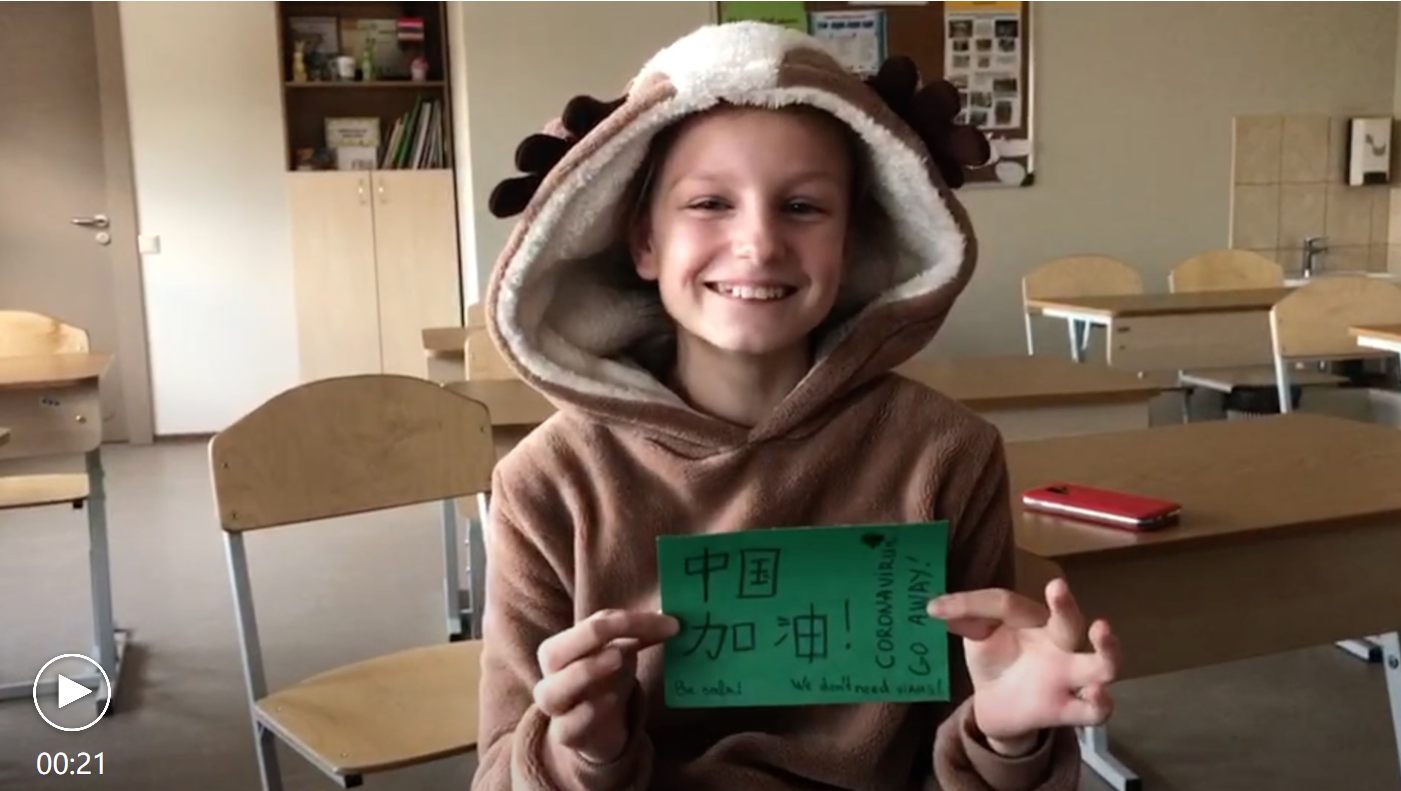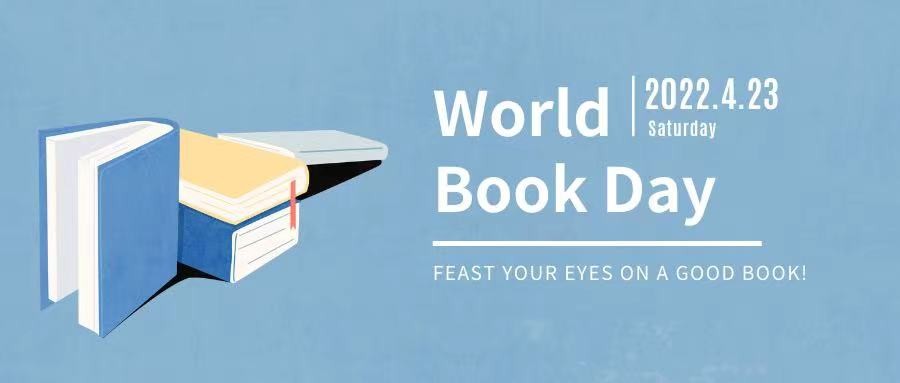
Likes
While the pandemic stops us from traveling around the world, the spirit of books can take us to travel in time to seek enlightenment from the past, and to thrill to see the future. It can also comfort our hearts and allow us to seek a moment’s respite as healing stories unfold.
For the coming World Book Day, SCNU faculty and students have some good books to share. Below find their book recommendations, ranging from works that touch on the lessons of history to ones that explore our inner self.
The Histories written by Herodotus.
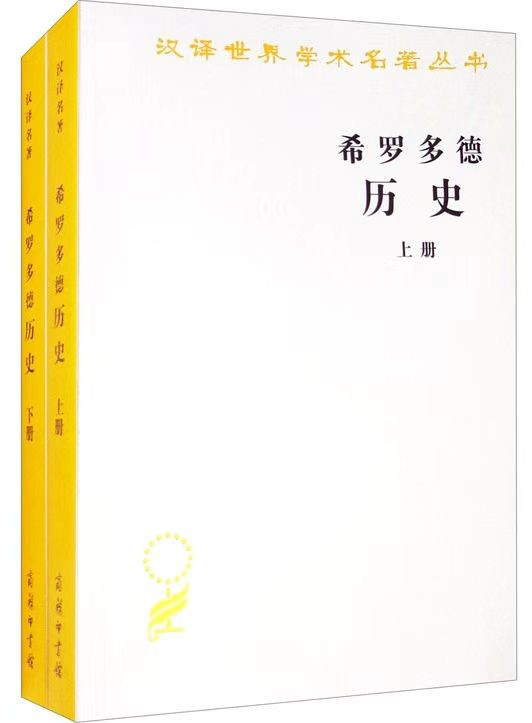
Recommended by: Wang Sansan, a teacher from the School of History and Culture.
Why I Pick It: I would consider Herodotus's work as an epic written in prose. He narrates the political development, economic system, and so forth of Egypt, Babylonia, Greece, and other nations at his time with a broad vision and in a vivid style. By blending small stories into big ones, he warns people of the gods’ jealousy and punishment and fickle fate. In his writing, Herodotus keeps telling people how evil a thing it is to covet more than one at present possesses. This is a book that anyone can read if they are interested in history.
The Three-Body Problem written by Liu Cixin.
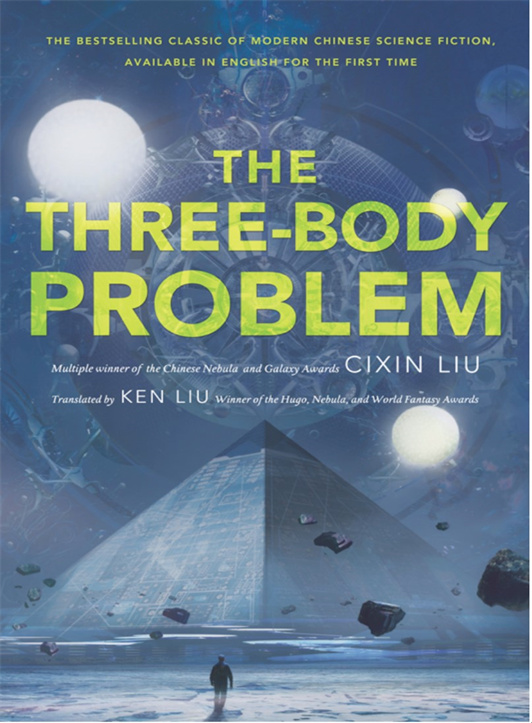
Recommended by: Chen Yide, a student from the School of Philosophy and Social Development.
Why I Pick It: The great story reveals the power of collective will and humanity in the face of a major crisis, showing an extremely shocking imaginative future world. The world view the author displays, the human nature he depicts and the philosophy he demonstrates that run through the trilogy are the most attractive. We can spy on the good and evil of human nature in the face of major crises through many ordinary but great characters, making us think deeply about current social problems.
The Courage to be Disliked written by Ichiro Kishimi and Fumitake Koga.
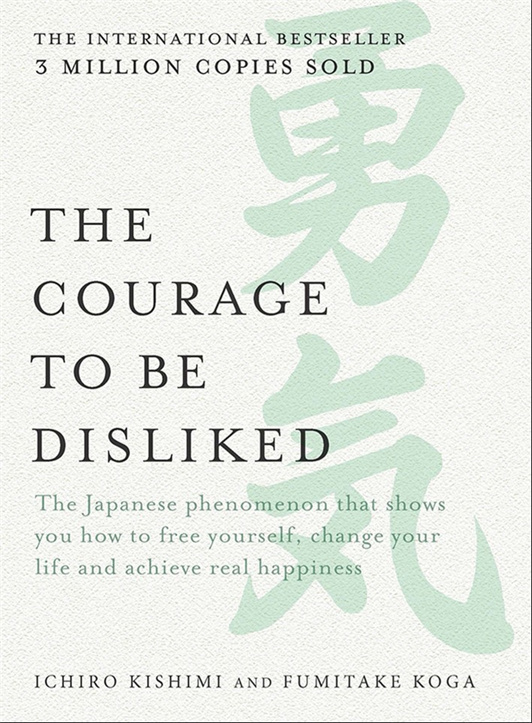
Recommended by: Zhao Di, a counselor from the School of Foreign Studies.
Why I Pick It: It focuses on Alfred Adler’s Individual Psychology. Technology and ideas changing so quickly, we need to be able to keep improving ourselves and build a complete internal self-esteem system. This book is exactly about how to do it. Adler's point is that it is not the past that determines the present but the way we view past experiences does. In my view, everyone experiences their own misfortune or happiness, and the key to well-being lies in the perspective of looking at the problem. If the perspective changes, we may see things in an inclusive view and be spurred on.
A Thousand Splendid Suns written by Khaled Hosseini.
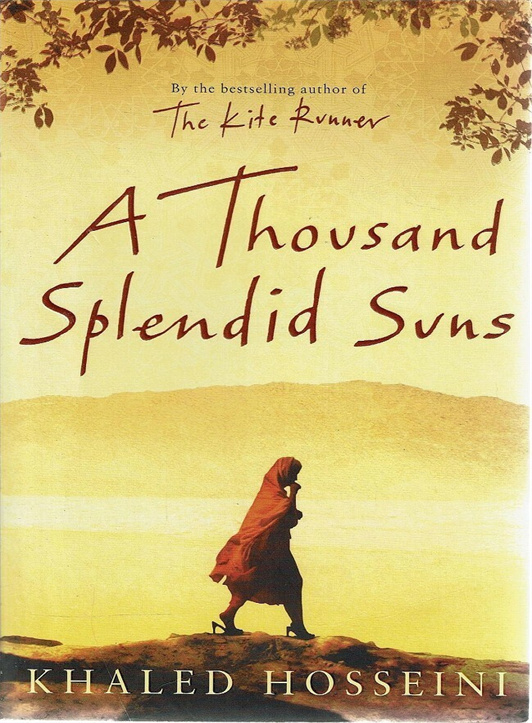
Recommended by: Ye Changqing, a teacher from the School of Foreign Studies.
Why I Pick It: It is as riveting as any crime novel I've ever read. The novel focuses on the lives of girls and women in Afghanistan during the war. “One could not count the moons that shimmer on her roofs, or the thousand splendid suns that hide behind her walls.” The author tells us that hope and hopelessness are the two sides of the same coin, just like the coexistence of darkness and the shining stars at night. When you feel hopeless and powerless, and lose faith in the dark, it can console you, and you will still cherish some hopes and dreams.
Oscar and the Lady in Pink written by Éric-Emmanuel Schmitt.
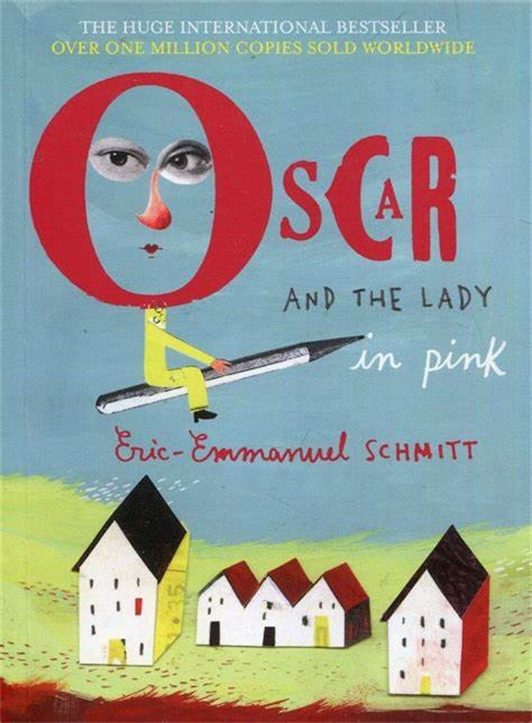
Recommended by: Chen Wenyue, a student from the School of History and Culture.
Why I Pick It: The book tells a story about Oscar, a terminally ill child, who gradually faces up to his disease. With the encouragement of an old grandmother, he changes his attitude towards life into a positive one. The book, using children’s perspective, depicts various relationships in linearity, like the imminent death suggests one should then live happily. After reading it, I feel that not everything necessarily takes painstaking investigation. Live simply and freely. This is the thing.
Written by Luo Xiaoying, Yuan Yongshi
Proofread by Edwin Baak
Edited by Li Jianru
What to read next:


